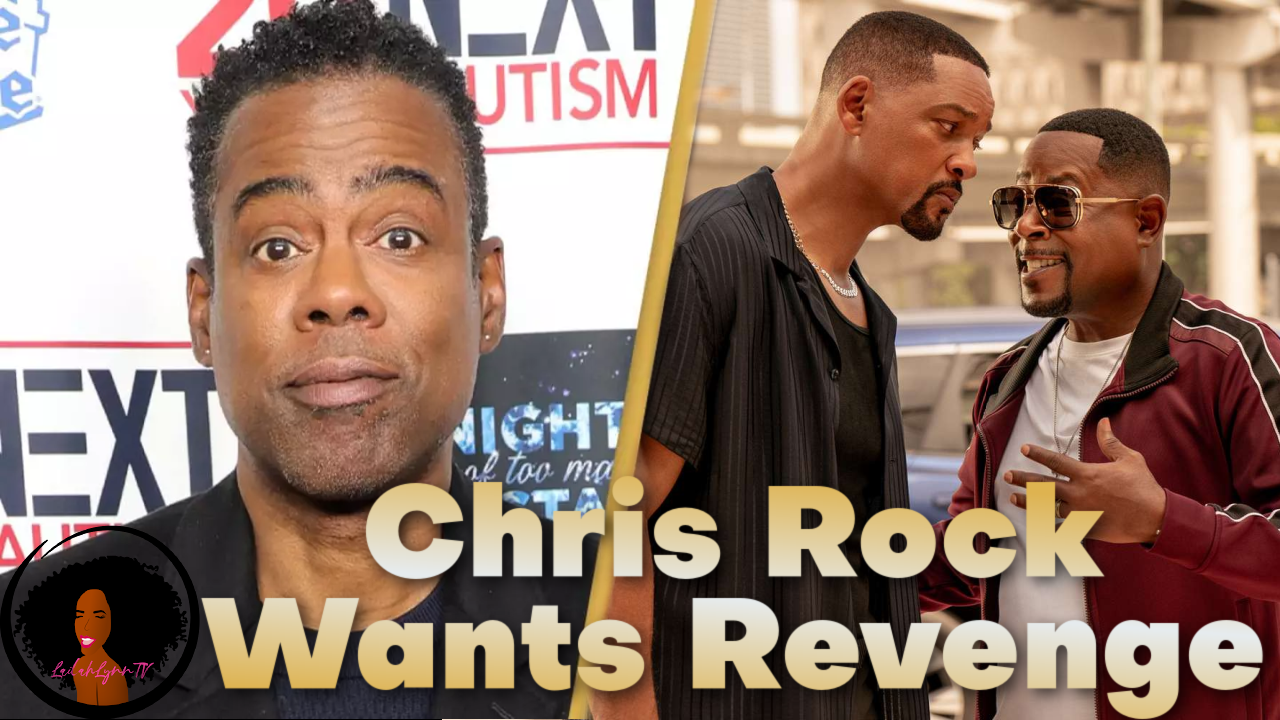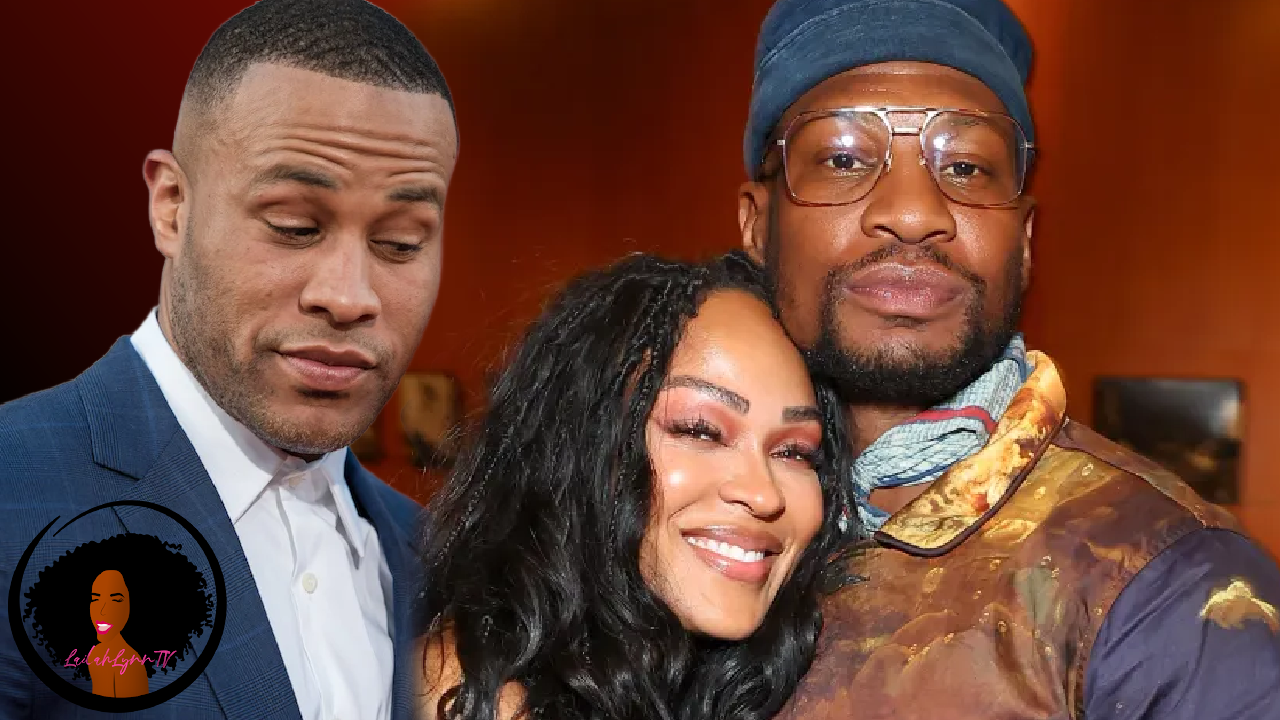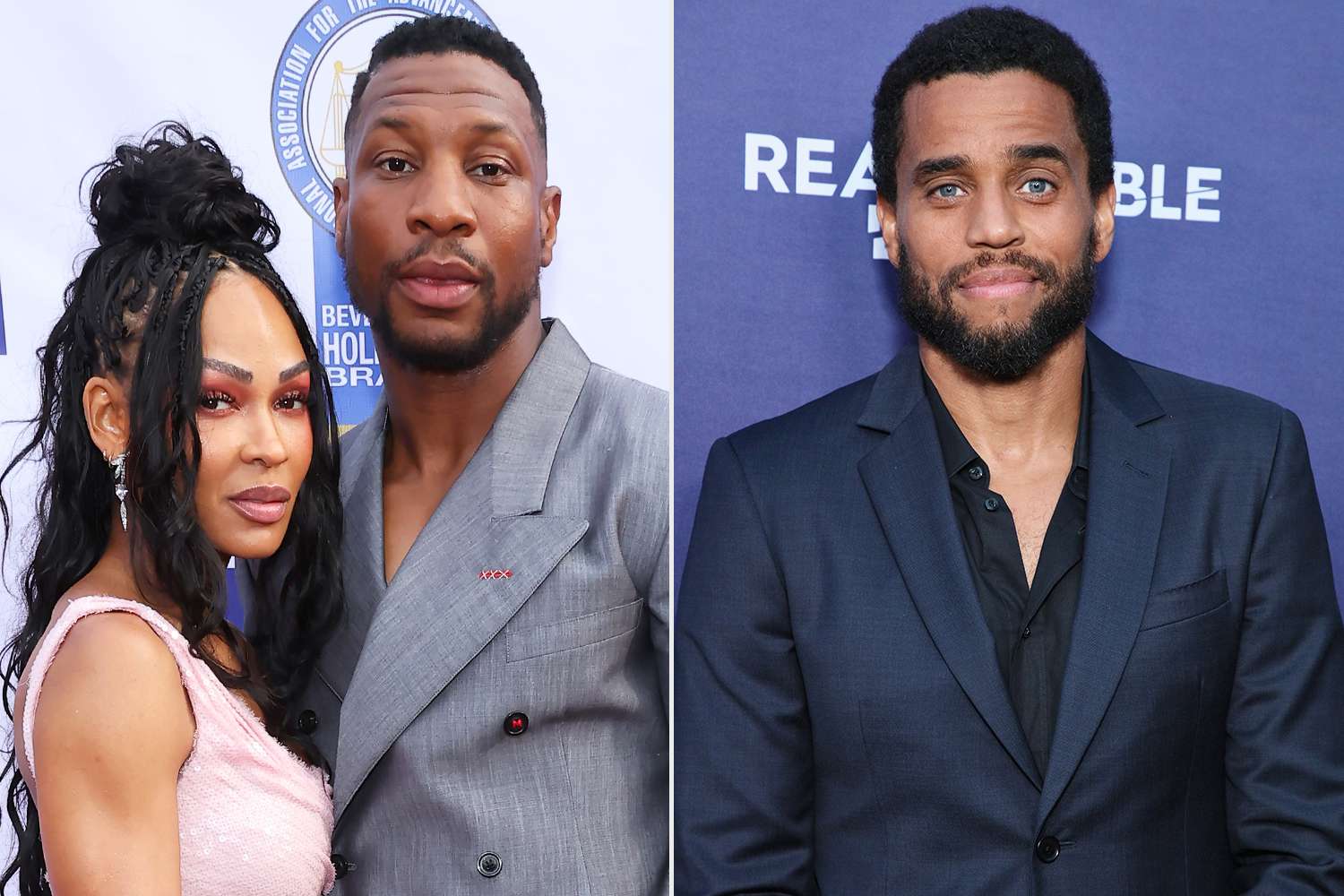In the latest “Bad Boys” installment, “Bad Boys: Ride or Die,” Will Smith incorporates a joke referencing the infamous Oscars slap incident involving Chris Rock. This subtle nod has not sat well with Rock. Recently, he expressed displeasure over the way his altercation with Smith has been trivialized in the film, criticizing it as a self-serving move by Smith. Rock views this reference as a cheap stunt that downplays a significant personal conflict, turning it into a mere cinematic gag.
Rock, who has tried to maintain a lower profile since the Oscars event, finds himself continuously dragged back into the spotlight by such references, which he believes are used to boost Smith’s public image. Reports suggest that Rock is not just upset but is also considering how he might publicly respond to this portrayal. This ongoing saga adds a layer of drama not just to the film but also to the real-life relationship between the two stars.
The movie itself tries to balance light-hearted action with more serious themes of aging and responsibility. Directors Adil El Arbi and Bilall Fallah have admitted that the slap incident influenced the narrative and character development within the film. While they avoided depicting an actual slap, the film’s plot and Smith’s character arc indirectly reflect his real-life controversies, particularly focusing on themes of redemption and vulnerability.
Critics have had mixed reactions to the film’s handling of the slap joke. Some see it as a clever, albeit risky, way of acknowledging past mistakes and attempting to move forward. Others, like Rock, view it as a distasteful and dismissive way to handle a serious public misstep. This division highlights the complexity of using real-life events in fictional narratives, especially when those involved are still processing the real-world consequences.
“Bad Boys: Ride or Die” continues to explore the dynamics between the iconic duo of Mike Lowrey (Smith) and Marcus Burnett (Martin Lawrence), with the film bringing in elements of family, legacy, and personal growth. Despite the action-packed scenes and typical “Bad Boys” banter, the film embeds a more contemplative look at how its protagonists handle personal crises, mirroring some of Smith’s own public reckoning.



